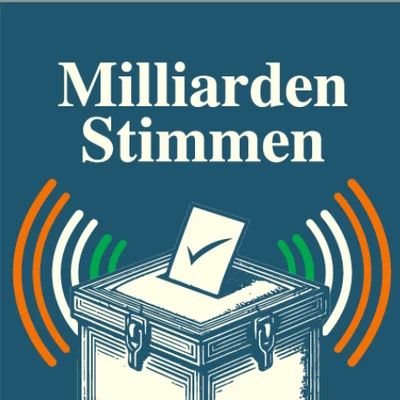
SAI-Search
 What happens when the world's largest democracy votes?
Podcast about the Indian Elections of 2024 (German only).
What happens when the world's largest democracy votes?
Podcast about the Indian Elections of 2024 (German only).
 Prof. Dr. Harun-or-Rashid: Bangabandhu Sehikh Mujibur Rahman (1920-75): His Political Thoughts and Ideals
Prof. Dr. Harun-or-Rashid: Bangabandhu Sehikh Mujibur Rahman (1920-75): His Political Thoughts and Ideals


Home > |
 Kama Maclean`s project aims to apply the methods of Sound Studies to a study of the history of anticolonialism in India. Extending on her earlier work, which draws extensively on visual archives to construct historical narratives, this project aims to explicitly trace the reverberations of sound - especially mediated speech, slogans and songs - in anticolonial mobilisation in the interwar period. Orality was a critical element of political communication, which, partly due to the difficulties in capturing the spoken word, has not yet been studied in detail. Yet the archives are full of sound.
Kama Maclean`s project aims to apply the methods of Sound Studies to a study of the history of anticolonialism in India. Extending on her earlier work, which draws extensively on visual archives to construct historical narratives, this project aims to explicitly trace the reverberations of sound - especially mediated speech, slogans and songs - in anticolonial mobilisation in the interwar period. Orality was a critical element of political communication, which, partly due to the difficulties in capturing the spoken word, has not yet been studied in detail. Yet the archives are full of sound.
The deeply affective qualities inherent in sounds, and the growth of technologies to amplify and record them in the period under investigation, renders this a rich approach to understanding anticolonial politics beyond the widely-acknowledged constraints of the colonial archive. The key objectives are to locate sonic traces in the archive, drawing on audio recordings, texts, visual and oral histories to discern their impact; to develop an understanding of the potency of sounds in creating communities and communicating nationalist messages, while evading censorship; and to trace the impact of early recording and sound projection technologies on nationalist mobilisation, to demonstrate how such technologies disrupted prevailing soundscapes and shifted political dynamics, in the context of the civil disobedience movement.
Image: ´Gandhi spricht zu den Bewohnern des Dorfes Aat`, from Walter Bosshard, Indien Kämpft! Stuttgart, 1931.
Tuesday, 07/11/23.